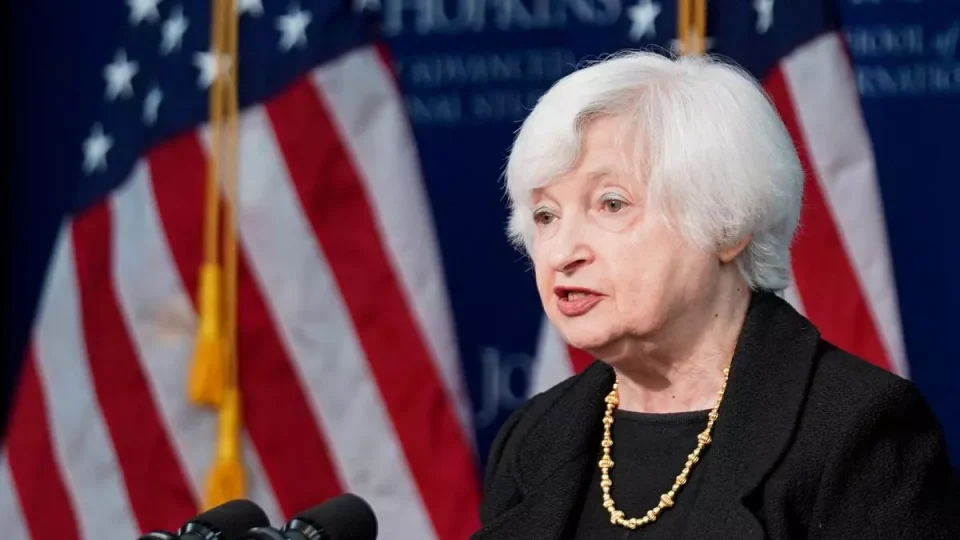Treasury Secretary Janet Yellen has warned the US Congress once more that the country would run out of money to pay its debts on June 5. Yellen had earlier stated that the date might be as early as June 1, implying that the new estimate allowed for more time but a stricter ultimate deadline.
If Congress fails or waits until the last minute to suspend or raise the debt limit, serious harm will be done to business and consumer confidence, raising short-term borrowing costs, causing severe hardship to American taxpayers, negatively impacting the country’s credit rating, and harming the country’s global leadership position, according to Yellen’s letters to Congress.
Democratic President Joe Biden and Republican negotiator Kevin McCarthy said on Friday they were working on an agreement to extend the US $31.4 trillion debt ceiling after the Treasury Department warned that a June 5 default was imminent if no action was taken.
For weeks, the two sides have been negotiating an accord to expand the federal government’s self-imposed borrowing ceiling for two years, with Republicans also calling for significant expenditure cutbacks. Without an agreement, the US might risk a disastrous default.
McCarthy and the majority of legislators have left Washington for the Memorial Day vacation, but House leaders have encouraged them to return for voting if an agreement is reached.
Any deal would have to be approved by both the Republican-led House and the Democratic-led Senate before Biden could sign it into law, which might take several weeks.
Even if they achieve an agreement, leaders from both parties will have to work hard to secure the necessary votes in Congress. Right-wing Republicans have pushed for severe budget cutbacks in any agreement, while Democrats have opposed increased work requirements for assistance programmes.
 Live
Live

